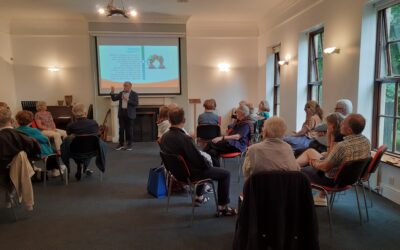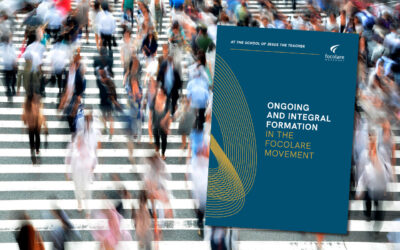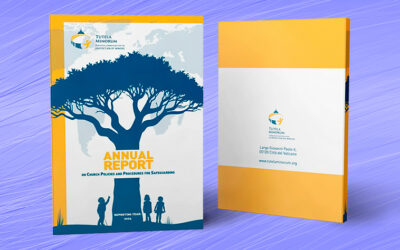Drawing closer to another person means diminishing the distance between us and them: it means losing that space that is ours alone. It means putting aside what we have to do and embracing the other person’s life. It also means choosing the last place in order to serve. A demanding patient On the ward where I was working as a nurse, there was a lady in a single room who constantly demanded attention for every every little need. I could see that she was suffering: perhaps she felt the end was approaching. One day, after rudely sending away the priest who, as a chaplain, was visiting the patients, she had a notice written on the door: she did not want visitors, especially priests. Every morning, as I started my shift, I felt I wanted to love Jesus who was suffering in that lady and so I tried to satisfy all her wishes: I straightened her pillows, I brought her glasses of water, I opened the window more and then I closed it, etc. One day she asked me: ‘How can you be so patient with me?’ I pointed to the crucifix hanging on the wall: ‘He is the one I follow: he sets the example’. From then onwards, the relationship between us grew. One night, she was very unwell, she insisted that the nurse on duty should phone the parish and ask a priest to come immediately. Shortly afterwards she went to confession and received Communion. When I arrived at work, she was quiet. At ten o’clock she passed away. (Vreni – Switzerland) Making the world smile Mohammed is not yet 22 years old. He is Kurdish from Iraq and has already lived in Sweden for a few years. Now he has come to Italy because he needs to attend to his documents. His eyes are clear and bright. I ask him to sit down in the office and begin to explain how the Caritas dormitory where he will be staying temporarily works. Thanks to English, we manage to understand each other. I try to take an interest in him and his family, in his reasons for leaving his homeland and his short but already intense past. I forget about the painful situations that I had encountered before his arrival. When he came in, he seemed tired and tense, now I see him slowly relax. He often smiles. At the end he tells me: “In six years, I have never met a person who welcomed me like you did this morning. You made my stress go away.” And he thanks me. He asked me to write my name on a piece of paper, but at the end of the interview, he greets me and calls me ‘Dad’. (S.U. – Italy)
Edited by Maria Grazia Berretta
(from Il Vangelo del Giorno, Città Nuova, VIII, no.2, Sept-Oct 2022)




0 Comments